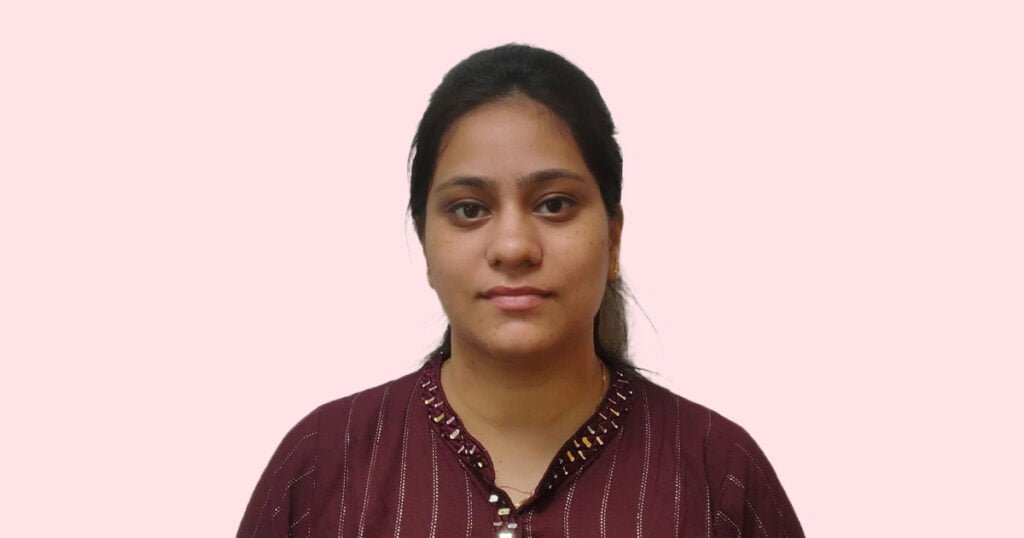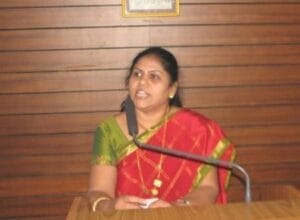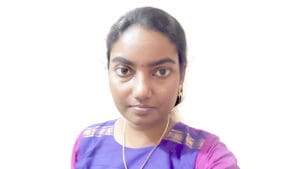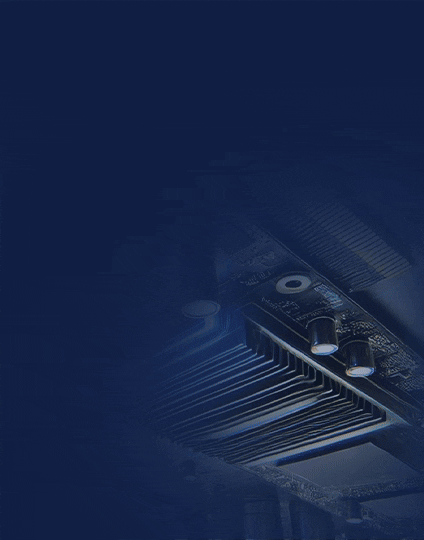Explore the journey of Shreya Mukherjee, a Senior Engineer specializing in FPGA. Discover the challenges she has faced, her advice for women pursuing careers in engineering, and insights into her evolving role in this dynamic field.
Women In Engineering With Shreya Mukherjee
FPGA Insights has conducted an exclusive interview with Shreya Mukherjee, Senior Engineer at MIPS, to gain valuable insights into her experiences as a woman in engineering

1) What’s your Name, job title & area of research/work?
Hi, I am Shreya Mukherjee. I work in MIPS as a Senior Engineer. My job role is in the domain of Emulation, FPGA prototyping, and FPGA Validation.
2) What sparked your interest in engineering? Can you describe the moment you realized this was a field you’d like to pursue?
I loved mathematics and physics from my school days. Based on that I pursued electronics engineering. During the course of engineering, I developed a deep interest in Microelectronics. Hence I did my MTech in VLSI Design from Vellore Institute of Technology.
3) What are your experiences of being a female engineer?
As per my experience, female Engineers are very less in the semiconductor industry & FPGA domain especially.
4) Can you tell me more about your career path so far?
During my final year of MTech, I did a one-year internship in STMicroelectronics in FPGA Design. After that, I worked in HCL Technologies for one year as an FPGA design engineer. Then I joined Synopsys as an Application Engineer in the Emulation domain. I was supporting the Zebu Emulation Tool there. I worked in Synopsys for around 2 years. I always wanted to do something hands-on. MIPS allowed me to work hands-on. It’s been 4 months since I joined MIPS.
5) What has been your most challenging experience as an engineer?
I think as engineers we face different challenges at different stages of our careers. But one common aspect of the challenge that I feel is most challenging and also good for us is that especially an industry like semiconductors is very dynamic. It’s not possible to settle down. We need to always learn and update our skills. That is also the best aspect of being in this industry. Since we are always learning, we can be at the edge and it pushes us to give our best and not settle down.
6) What is the most exciting thing about your job?
As I am in a startup product-based company, I am getting exponential learning opportunities and challenging work. Also, RISC V is an exciting domain I always wanted to explore. And since now I am getting to learn about it, It’s truly exciting for me.
7) What kind of impact would bring you great satisfaction in your work?
Before joining MIPS, I was always looking for an opportunity where my work didn’t just get limited to my domain. I wanted a job that gives me more cross-domain learning and allow me to learn different aspects of product development. Currently, MIPS being a start-up company, gives me exactly what I was looking for. I can interact and learn beyond my domain in FPGA and interact with different stakeholders like RTL, Architecture, Verification, and System Software. This allows me to understand how exactly a product is developed. This I feel brings me the greatest satisfaction as a VLSI Engineer.
8) What do you think needs to be done to improve the statistics regarding women’s participation in engineering?
There are a lot of parameters that are the reason for women’s participation in engineering is still less.
1) More women should be encouraged even at the school level to develop an interest in science and mathematics.
2) More women need to take up leadership roles in industry.
3) Flexible working hours should be a norm in industry not just on paper but also in practice.
4) A woman should align with both the manager (workspace) and parents/partner(family) about professional and personal expectations from the very beginning.
5) Most importantly parents/partners/family should believe in the woman who is passionate about her work and encourage her.
9) What do you enjoy most and least about engineering?
I enjoy the problem-solving aspect the most in engineering. I won’t say the least but one aspect I definitely would like to improve is that I would like to see better gender diversity in our industry.
10) Who has been your greatest support, coach, and mentor across [Industry], and why?
My greatest support and mentor is my husband, Apratim Chatterjee, who always guides me as a mentor. He is a staff engineer in one of the leading memory companies. He always gives me the right insight about the semiconductor industry.
11) What is it like to be a woman in engineering? Do you feel that your gender gives you a different perspective and experience from your male counterparts? Any advantages?
As per my experience most cases this does not matter and I am hardly treated differently from any of my male counterparts. And it’s 100% true when it comes to work. But beyond work, sometimes the bond at the unofficial level may not grow as much, especially if the team has less diversity.
12) What advice do you have for women interested in engineering? What kinds of practical experience should they have? What technical skills should they pick up?
The first advice I want to give is to study well in UG and PG and get clear concepts in your domain. Understand yourself and spend time with your work.
One advice on practical experience I want to give is not to be afraid to step out of your comfort zone and never stop learning.
Any type of technical skill one can pick depends on the domain you like the most. As everyone’s journey is different, one should not look at other people.











